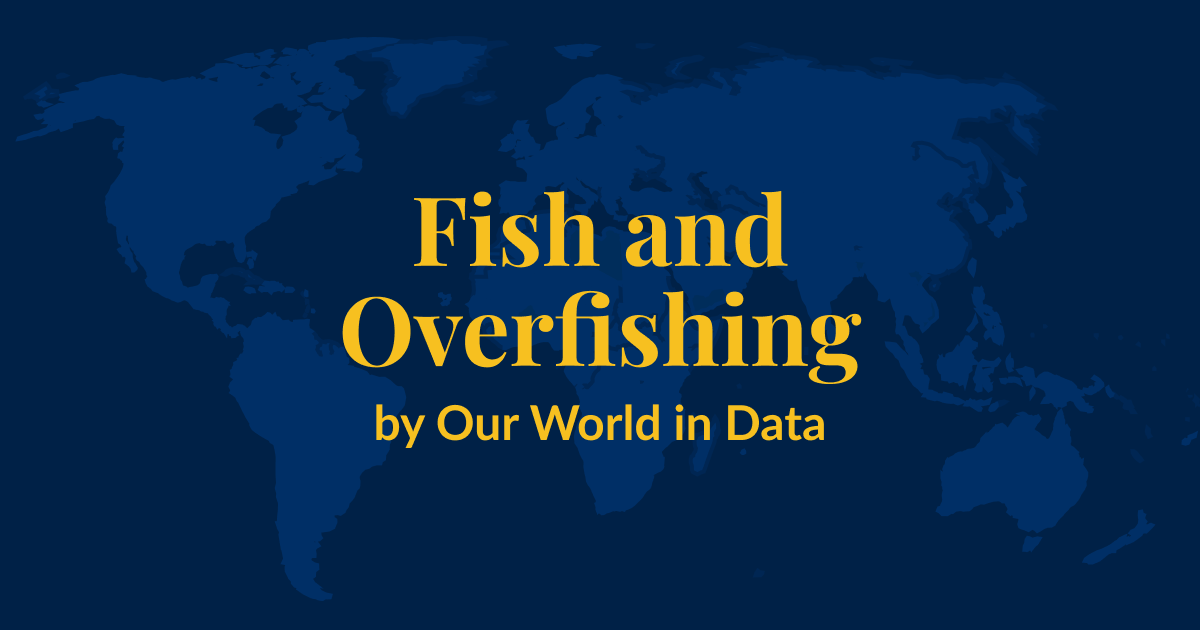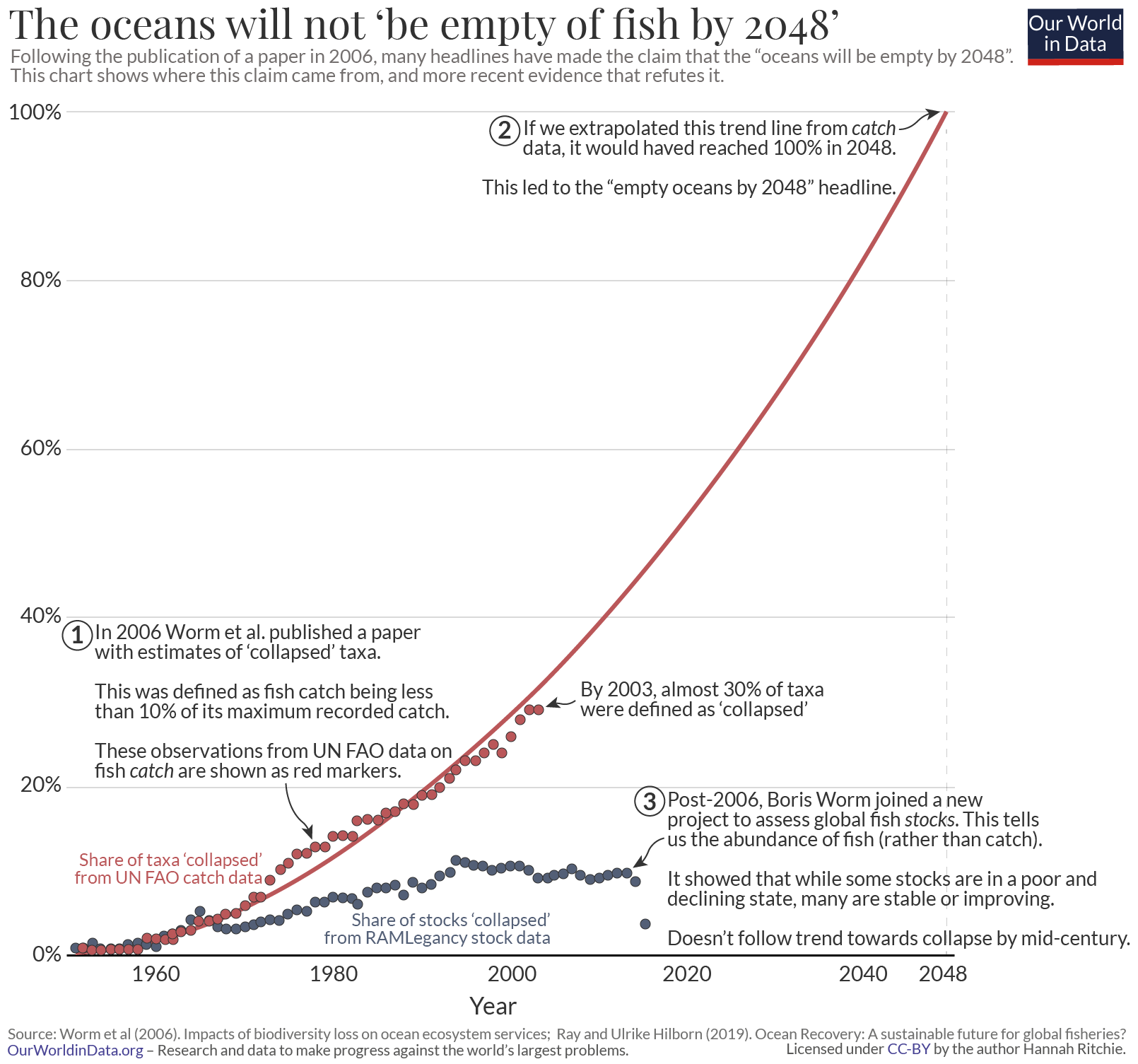
Overfishing is a pressing concern for marine ecosystems worldwide, leading to detrimental effects that threaten various species and the health of ocean habitats. This report synthesizes information from several sources to outline the primary consequences of overfishing, its impact on biodiversity, and the challenges faced in mitigating its adverse effects.
Decline of Fish Populations

Overfishing occurs when fish are removed from the ocean at rates faster than they can reproduce, resulting in population declines and, in extreme cases, complete depletion. This practice not only reduces the availability of fish stocks but also disrupts the balance of entire aquatic ecosystems. Fish species targeted are often removed to the point where their populations cannot sustain themselves, leading to instances where some fish become entirely decimated[3].
Historical data highlights that intensive fishing started as early as the 1800s, with significant regional declines observed by the mid-20th century for several species, including Atlantic cod and California sardines[2]. The resultant gap in these populations has extensive ripple effects throughout the food web.
Disruption of Food Chains

The removal of key species from marine ecosystems disrupts established food chains. For example, when top predators, such as sharks, are overfished, their prey species can proliferate unchecked. This imbalance can lead to decreases in other marine species that depend on the same ecosystem. When prey species grow in number, they may overconsume other marine organisms, resulting in further declines and a shift in the habitat’s ecological balance[3].
Moreover, the absence of sufficient fish populations can lead to unchecked algae growth, which can devastate coral reefs and negatively affect various fish populations. Coral reefs, essential for marine biodiversity, suffer when fish that maintain algae levels are removed, further degrading the ecosystem[3].
Impact of Bycatch
Bycatch is another critical issue related to overfishing. This refers to the unintended capture of non-target species, including juvenile fish and other marine animals. Methods like trawling, which scrape the ocean floor, are particularly notorious for producing high bycatch and discards, many of which do not survive after being returned to the ocean[3]. Around half of global discards come from bottom trawling due to its indiscriminate nature, compounding the stress on already declining fish stocks and other marine life[3].
Challenges in Fisheries Management
The sustainability of global fish stocks is hampered by ineffective fisheries management. Approximately one-third of global fish stocks are currently overfished, indicating a persistent decline in sustainable fish populations[2][3]. This deterioration is most pronounced in regions where management practices are either absent or poorly implemented. For example, the Mediterranean and Black Sea regions are facing severe overfishing, with around 62.5% of stocks in these areas fished at unsustainable levels[2].
Despite ongoing discussions at international forums about alleviating harmful fishing subsidies, progress remains stalled. Many nations continue to spend billions on subsidies that encourage overfishing, complicating efforts to achieve sustainable practices. Notably, China has significantly increased its harmful subsidies, which affects the viability of smaller fishers and depletes fish stocks further[2].
Solutions for Sustainable Fishing

To combat the effects of overfishing and support sustainable fishing practices, several strategies can be implemented. First, expanding marine protected areas (MPAs) can play a vital role in allowing fish populations to recover. These areas, where fishing is restricted or prohibited, can help restore balance in marine ecosystems[3].
Implementing better regulations and monitoring systems for catching methods can also reduce bycatch and promote sustainability. Modifications to fishing gear to make it more selective can help lower the number of non-target species caught[3]. Cash incentives for fishers to bring all caught species back to shore rather than discarding them can change practices that lead to large quantities of dead fish being thrown back into the ocean[2].
In summary, the effects of overfishing on ocean ecosystems are extensive, leading to the decline of fish populations, disruption of food chains, and loss of biodiversity. Addressing these issues requires concerted efforts in fisheries management, protection of marine areas, and regulation of fishing practices to promote a more sustainable relationship with the oceans upon which so many lives depend.
Get more accurate answers with Super Pandi, upload files, personalized discovery feed, save searches and contribute to the PandiPedia.
Let's look at alternatives:
- Modify the query.
- Start a new thread.
- Remove sources (if manually added).